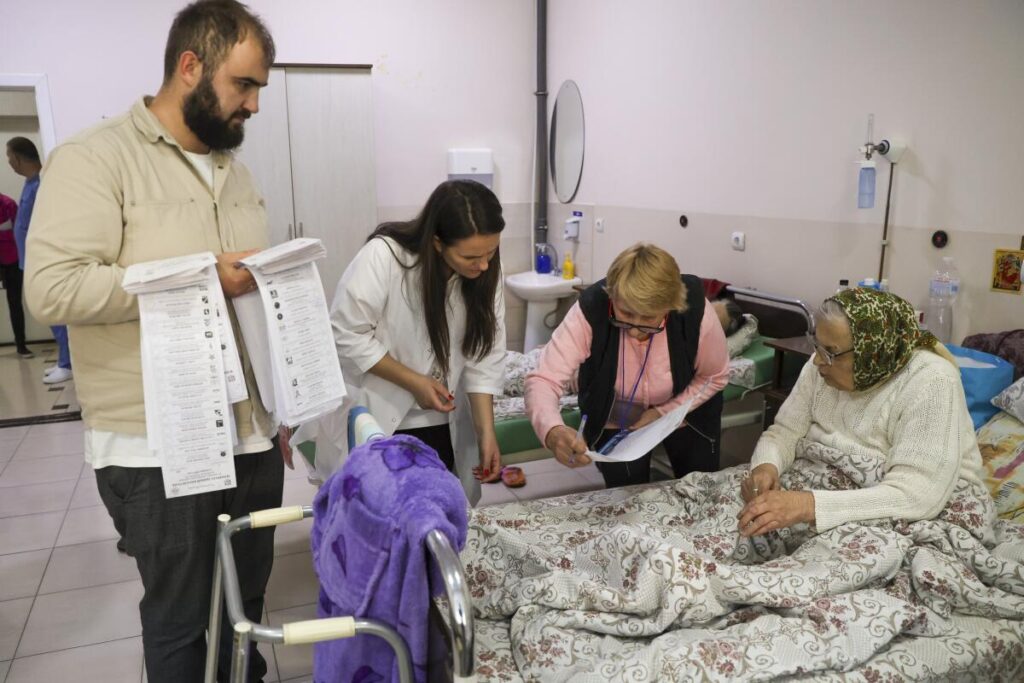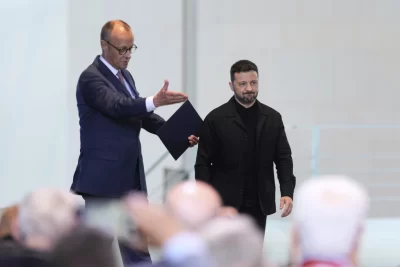Sunday’s elections in the country of about 2.5 million people, situated between Romania and Ukraine, were under the spotlight because of ongoing accusations by Moldovan authorities that Russia was meddling to influence the outcome of the vote.
Moldova’s second-largest city Balti will go to a runoff after none of the candidates obtained a clear majority. PAS came in far behind the top three vote-getters. In Orhei, the candidate who is closely linked to a Russia-friendly exiled Moldovan oligarch, Ilan Shor, won the vote for mayor.
Despite losing out in the election for the Chisinau mayor, Andrei Spinu, the minister of infrastructure and regional development, said that the overall election results was a success for PAS.
“PAS has won the elections in the country … in 19 districts we are in first place,” he wrote on Facebook on Monday. “The most important conclusion of these elections is that the pro-European message has won dispersed throughout the country.”
Spinu said that PAS won mayoral positions in 240 out of 898 localities, as well as a strong representation in the Chisinau Municipal Council with 20 seats. That is an equal number of seats to Ceban’s National Alternative Movement party, according to preliminary results.
The vote will see nearly 900 mayors and 11,000 local councilors elected for a four-year term. The turnout was 41% nationwide, according to authorities, almost identical to the elections in 2019.
PAS currently holds Moldova’s government after winning a clear majority in the 2021 parliamentary elections, and the country’s pro-Western President Maia Sandu used to lead the party.
Radu Magdin, a regional analyst at Smartlink Communications in Bucharest, says the Chisinau result indicates that PAS “has a lot of work to do” to win the next presidential and parliamentary elections, to be held in 2024 and 2025, respectively.
“The party has to better tailor its message to the Chisinau voters and focus more on mobilizing those who supported PAS in 2020 and 2021,” he told The Associated Press.
On Friday, Moldovan authorities banned the pro-Russia Chance Party from taking part in Sunday’s race. The Intelligence and Security Service, alleged in a 32-page report that the party had received about 50 million euros ($53 million) in Russian money, which was channeled by Shor and used to destabilize the country and “buy” voters in Sunday’s election.
Shor was the head of the Russia-friendly Shor Party, which was declared unconstitutional in June by Moldova’s Constitutional Court.
“After their party was banned … they acquired other parties and continued their attempts to weaken not only the government but the Moldovan democracy as a whole,” Magdin added.
___
McGrath reported from Sighisoara, Romania.







